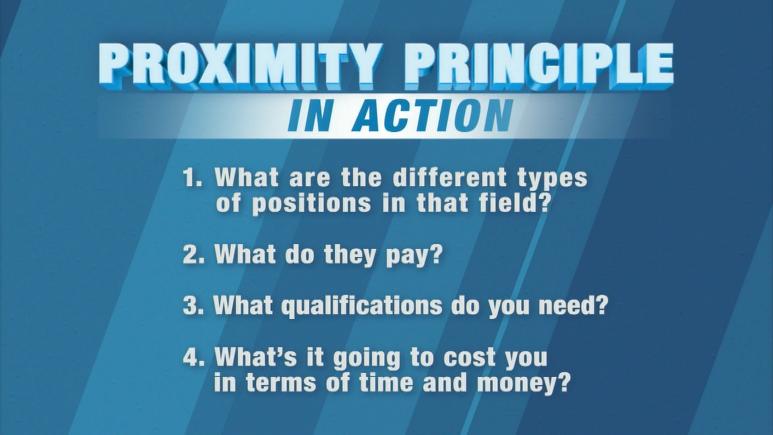

Should I Change Jobs? An Expert's Tips For Determining Whether I…

Q&A with Organizational Pro Peter Walsh + Dermatologist Shares A…

Actor Hank Azaria + Freezer Meals + Artichokes 2 Ways with Rach

See Inside Barbara Corcoran's Stunning NY Apartment + It's Steak…

How to Make Chicken and Lobster Piccata | Richard Blais

Donnie Wahlberg Spills Details About NKOTB's First Ever Conventi…

Donnie Wahlberg + Jenny McCarthy Say Rach Is Such a "Joy" + Look…

The Best Moments From 17 Seasons of the Show Will Make You Laugh…

How to Make Crabby Carbonara | Rachael Ray

Rach Chats "Firsts" In Flashback From Our First Episode Ever In …

How to Make Apple-Cider Braised Pork Chop Sandwiches with Onion …

Rach's Chef Pals Say Goodbye to Show in Surprise Video Message

How to Make Sesame Cookies | Buddy Valastro

How to Make Tortilla with Potatoes, Piquillo Peppers and Mancheg…

How to Make Shrimp Burgers | Jacques Pepin

How to Make Spanakopipasta | Rachael Ray

Andrew McCarthy Chokes Up Discussing Emotional Trip to Spain wit…

Celebrity Guests Send Farewell Messages After 17 Seasons of the …

Celebrity Guests Send Farewell Messages After 17 Seasons of the …

Andrew McCarthy Teases Upcoming "Brat Pack" Reunion Special

Michelle Obama Toasts Rach's 17 Years on the Air With a Heartfel…
If you're not satisfied with your career, you're far from the only one. In fact, a recent report shows that 70% of people are unhappy at work.
So, how do you get the job you really want?
RELATED: If You're Interviewing for a Job, Here's The One Thing You Should NEVER Do
You can make a career change at any age, says Ken Coleman, author of The Proximity Principle.
"The proximity principle says that in order to do what I want to do with my career, I have to be around the people that are doing that and in the places where it is happening," Ken says, "because that's where opportunity lives."
And whether you're just entering the workforce or you want to switch careers, "proximity is powerful," the author says.
RELATED: 3 Things You Should Never Do In An Interview
Before you put the proximity principle into action, Ken suggests doing a simple exercise. Make a list with two columns: what you do best (your talents or skills) and what you like to do most (your passions).
This should give you clarity — which is the first step in relieving the fear and doubt that stops many people from making a change mid-career, according to the expert.
Fear of financial failure and doubt about your path are common, he says. By using the proximity principle, you can begin the process of transitioning, risk-free.
You don't necessarily need to take a pay cut, according to Ken. You're working toward a new path, but it doesn't have to happen overnight. "This is a transition over time," he says.
After you've narrowed your focus using your list of skills and passions, the next step is to surround yourself with people who work in your field of interest. Sit down with anyone you can, and have them answer these four basic questions:

1. What are the different types of positions in that field?
2. What do they pay?
3. What qualifications do you need?
4. What's it going to cost you in terms of time and money?
If you can't meet face-to-face, podcasts, books and online videos are all great options for learning more about a potential field.
"When people begin to do that research and then get around other people that are doing [what they want to do], it takes the fear and doubt away," Ken says.
RELATED: Step-by-Step Guide: How to Write a Great Cover Letter


